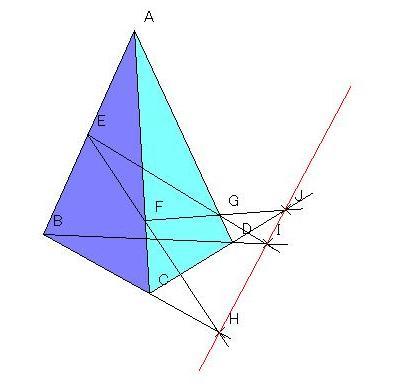結果
| 問題 | No.1641 Tree Xor Query |
| コンテスト | |
| ユーザー |
 convexineq convexineq
|
| 提出日時 | 2021-08-06 22:19:44 |
| 言語 | PyPy3 (7.3.17) |
| 結果 |
AC
|
| 実行時間 | 224 ms / 5,000 ms |
| コード長 | 2,477 bytes |
| 記録 | |
| コンパイル時間 | 307 ms |
| コンパイル使用メモリ | 81,792 KB |
| 実行使用メモリ | 110,120 KB |
| 最終ジャッジ日時 | 2024-09-17 02:23:33 |
| 合計ジャッジ時間 | 2,508 ms |
|
ジャッジサーバーID (参考情報) |
judge1 / judge3 |
(要ログイン)
| ファイルパターン | 結果 |
|---|---|
| sample | AC * 3 |
| other | AC * 18 |
ソースコード
class segment_tree:
__slots__ = ["op_M", "e_M","N","N0","dat"]
def __init__(self, N, operator_M, e_M):
self.op_M = operator_M
self.e_M = e_M
self.N = N
self.N0 = 1<<(N-1).bit_length()
self.dat = [self.e_M]*(2*self.N0)
# 長さNの配列 initial で初期化
def build(self, initial):
assert self.N == len(initial)
self.dat[self.N0:self.N0+len(initial)] = initial[:]
for k in range(self.N0-1,0,-1):
self.dat[k] = self.op_M(self.dat[2*k], self.dat[2*k+1])
# a_k の値を x に更新
def update(self,k,x):
k += self.N0
self.dat[k] = x
k >>= 1
while k:
self.dat[k] = self.op_M(self.dat[2*k], self.dat[2*k+1])
k >>= 1
# 区間[L,R]をopでまとめる
def query(self,L,R):
L += self.N0; R += self.N0 + 1
sl = sr = self.e_M
while L < R:
if R & 1:
R -= 1
sr = self.op_M(self.dat[R],sr)
if L & 1:
sl = self.op_M(sl,self.dat[L])
L += 1
L >>= 1; R >>= 1
return self.op_M(sl,sr)
def get(self, k): #k番目の値を取得。query[k,k]と同じ
return self.dat[k+self.N0]
def Euler_tour_vertex(g,root):
n = len(g)
parent = [-1]*n
ls = [0]*n
rs = [-1]*n
q = [root]
order = []
for cnt in range(n):
v = q.pop()
order.append(v)
ls[v] = cnt
for c in g[v]:
if c != parent[v]:
parent[c] = v
q.append(c)
for i in order[n:0:-1]:
if rs[i] == -1:
rs[i] = ls[i]+1
if rs[parent[i]] < rs[i]:
rs[parent[i]] = rs[i]
return ls,rs,order
import sys
readline = sys.stdin.readline
n,Q = map(int,readline().split())
*C, = map(int,readline().split())
g = [[] for _ in range(n)]
for i in range(n-1):
a,b = map(int,readline().split())
g[a-1].append(b-1)
g[b-1].append(a-1)
ls,rs,order = Euler_tour_vertex(g,0)
cost = [0]*n
pos = [0]*n
for i in range(n):
cost[i] = C[order[i]]
pos[order[i]] = i
seg = segment_tree(n, lambda x,y:x^y, 0)
seg.build(cost)
#v の部分木に属する頂点は [ls[v],rs[v]) までの頂点
for _ in range(Q):
t,x,y = map(int,readline().split())
x -= 1
p = pos[x]
if t==1:
seg.update(p,seg.get(p)^y)
else:
ans = seg.query(ls[x],rs[x]-1)
print(ans)
